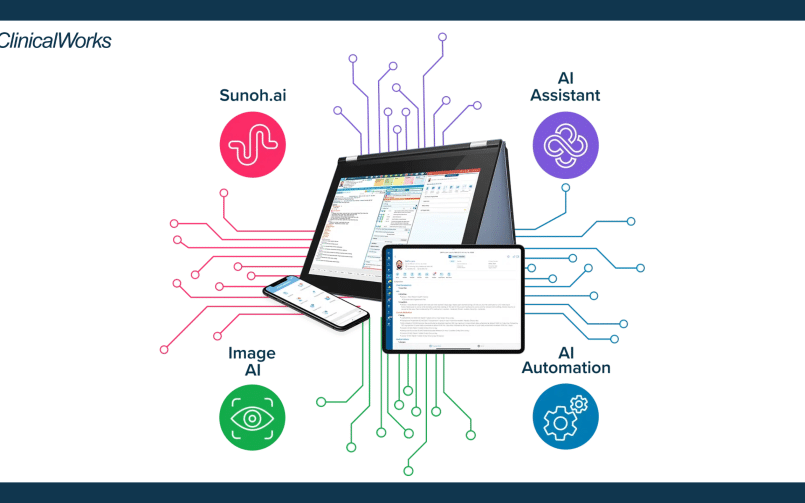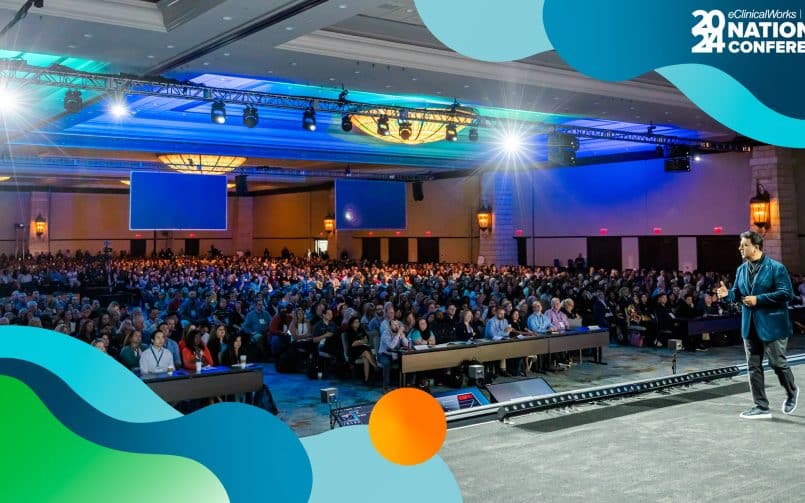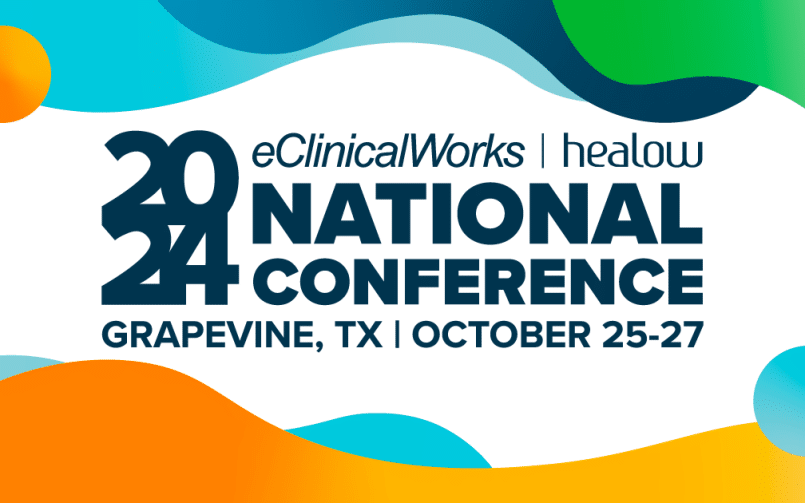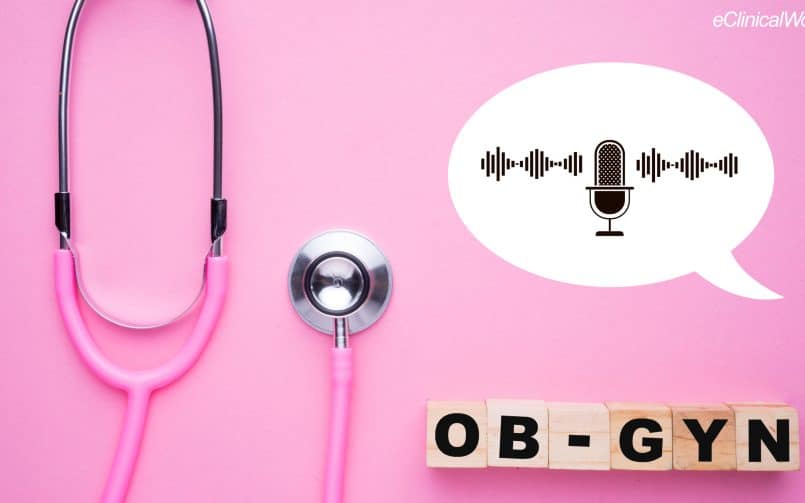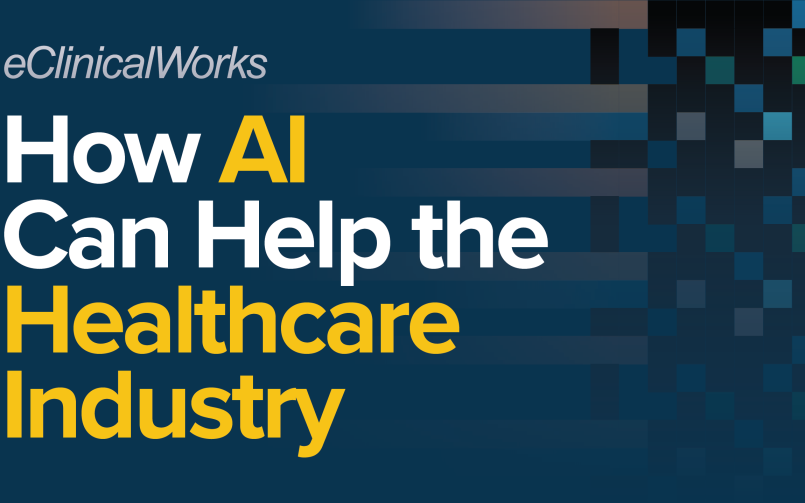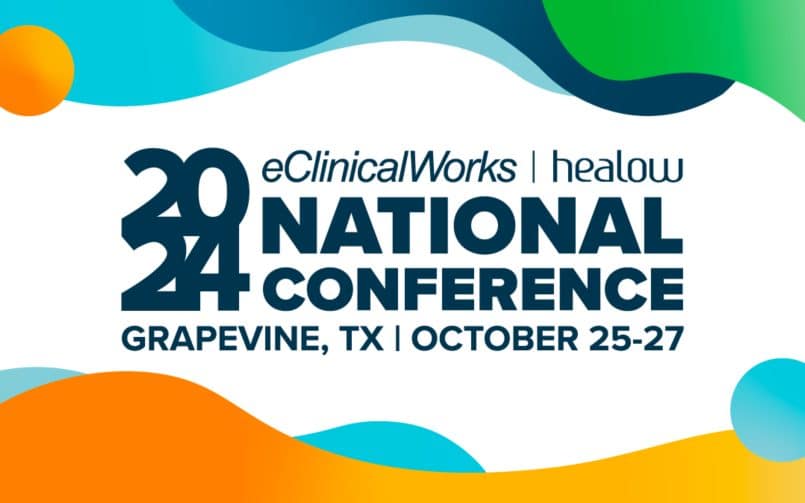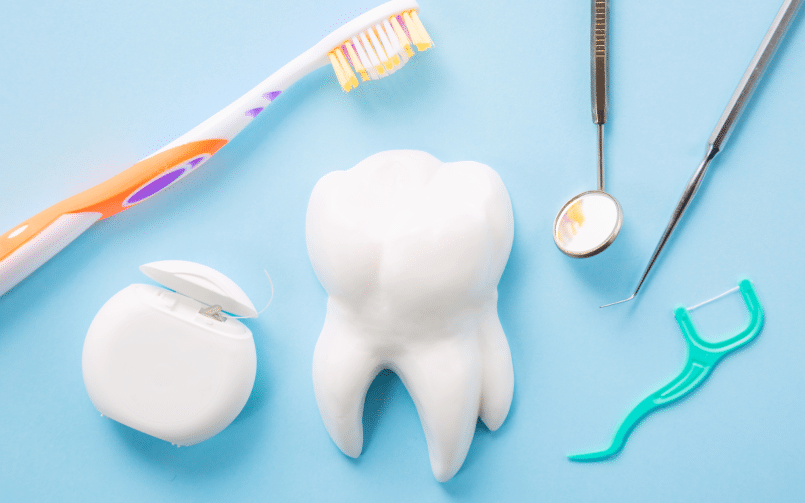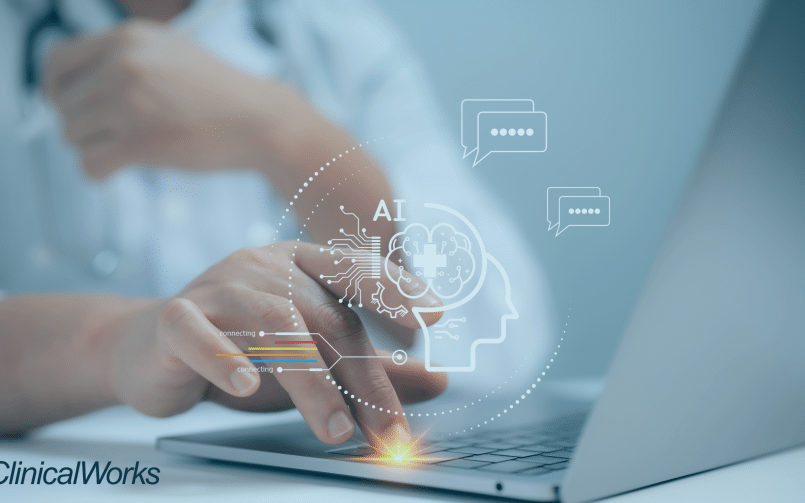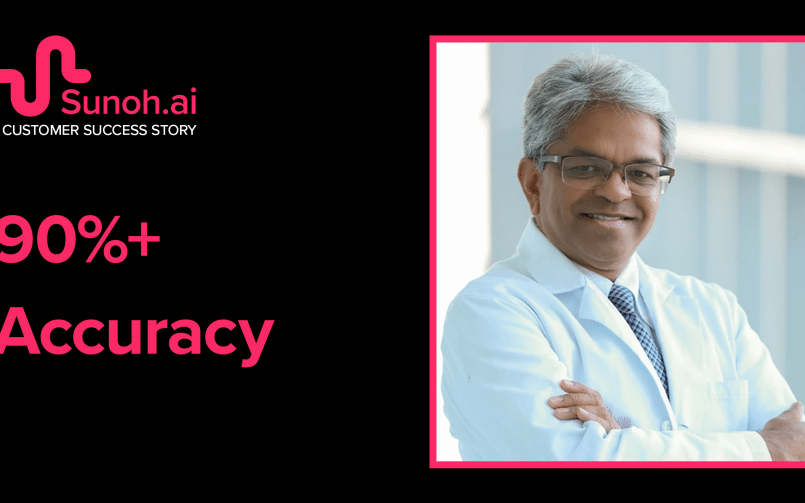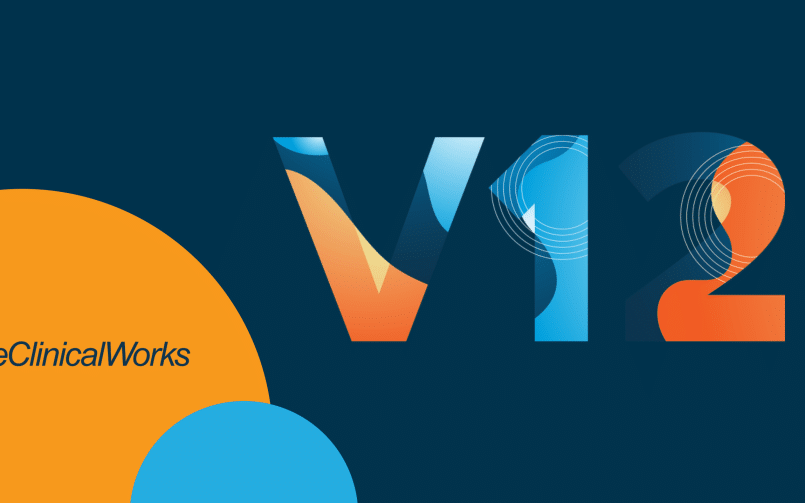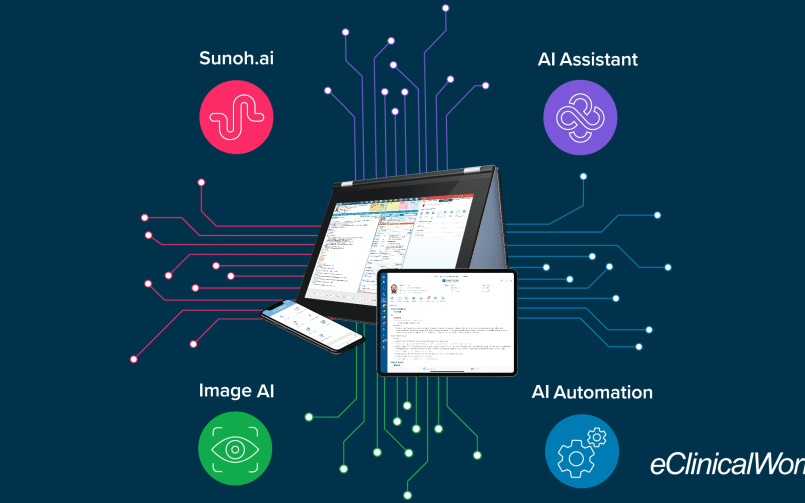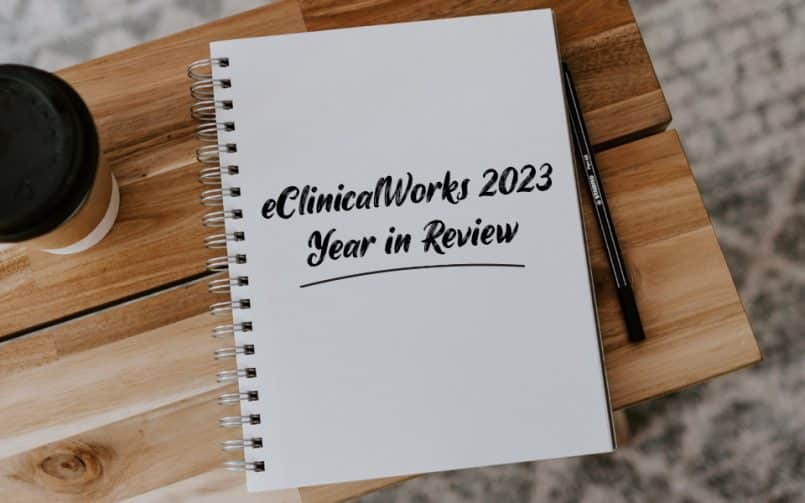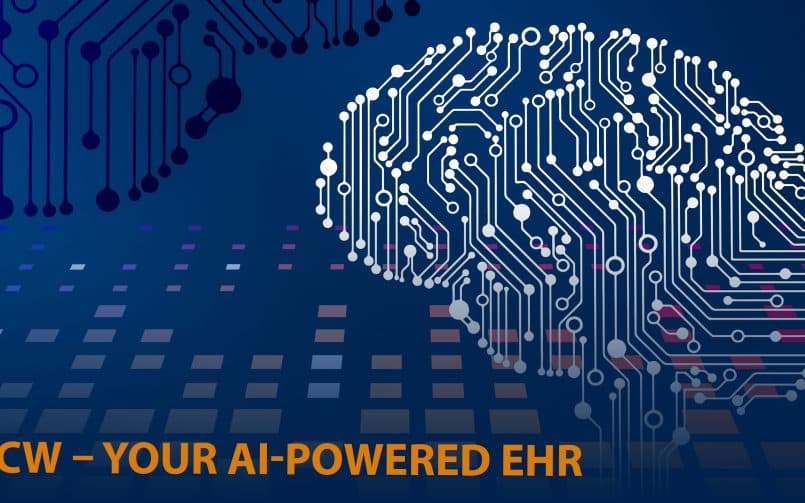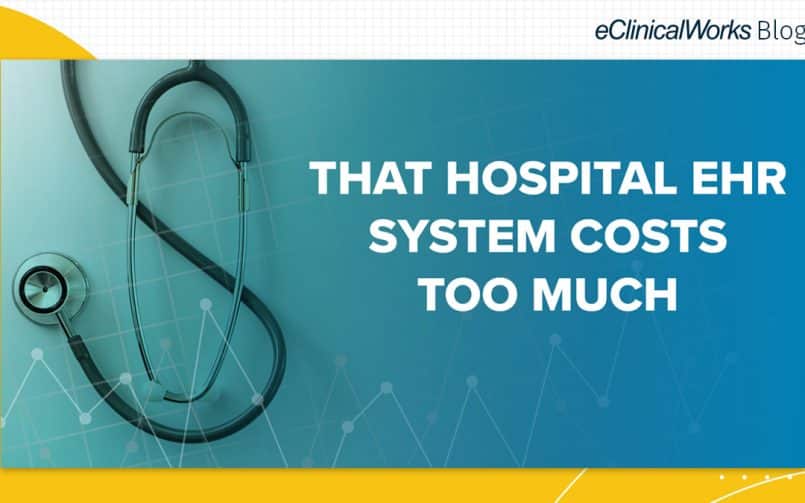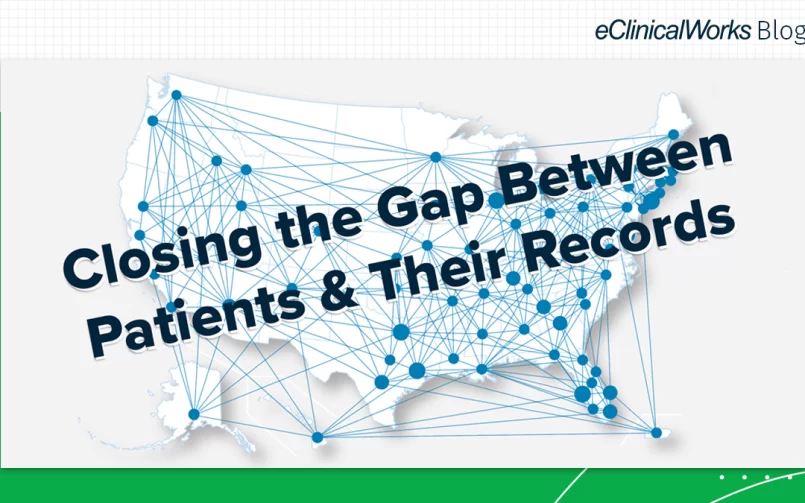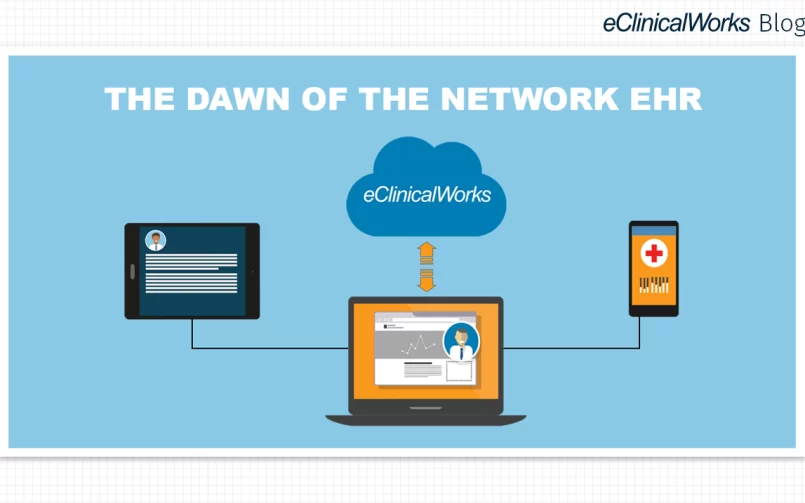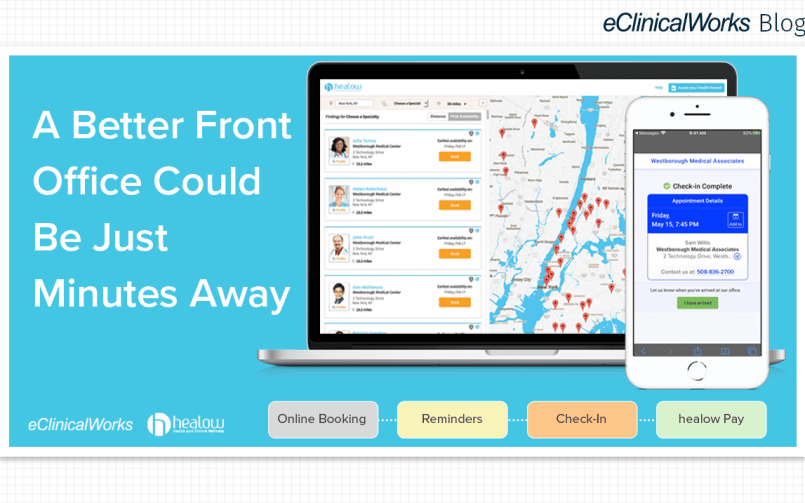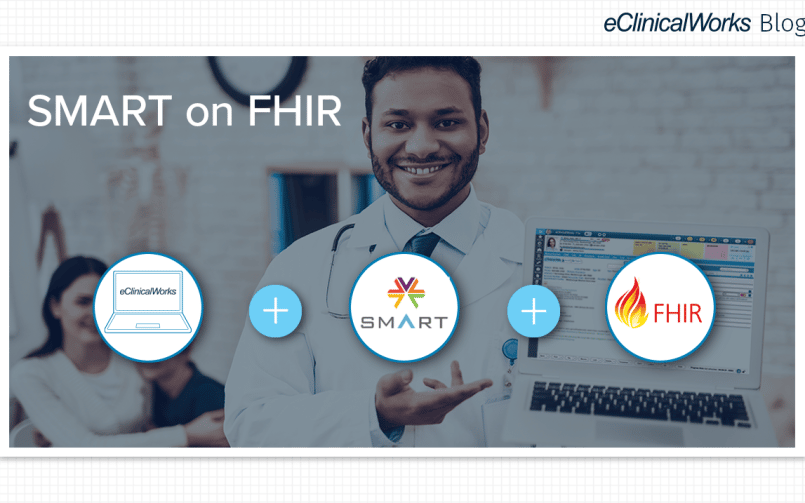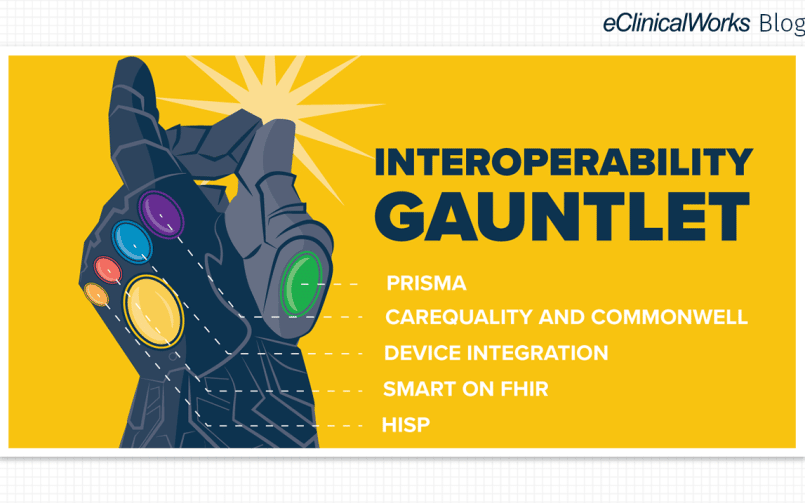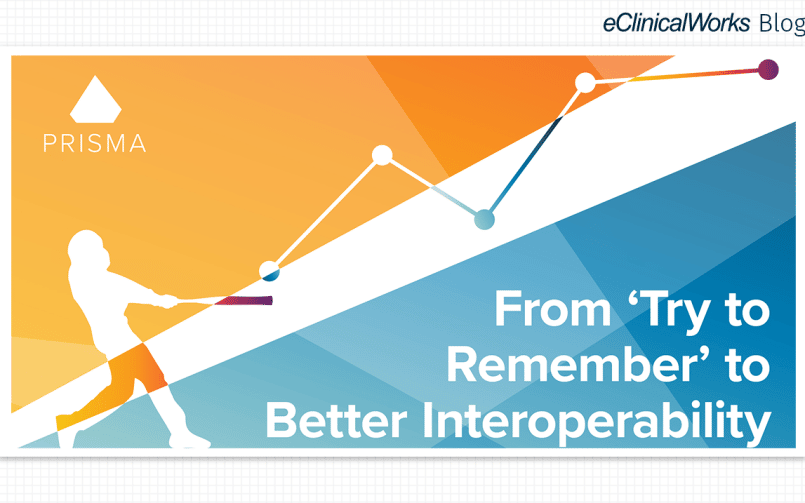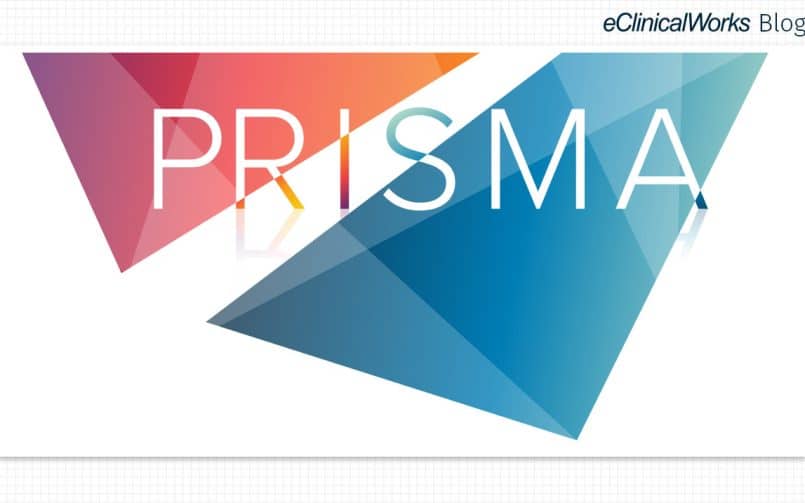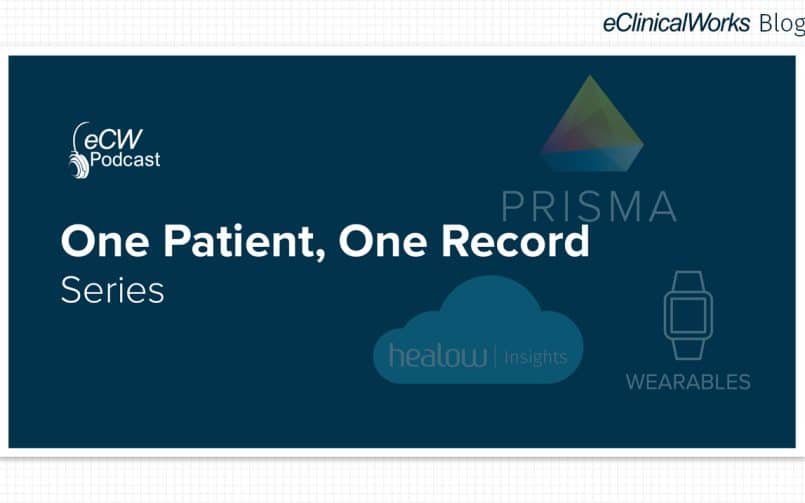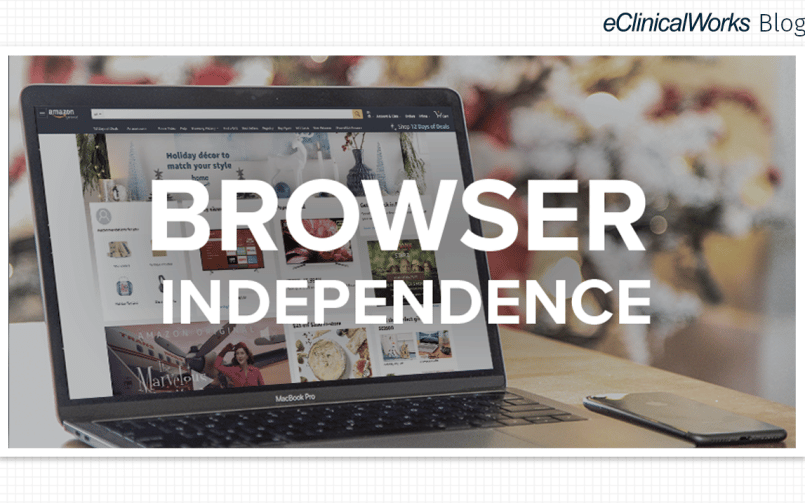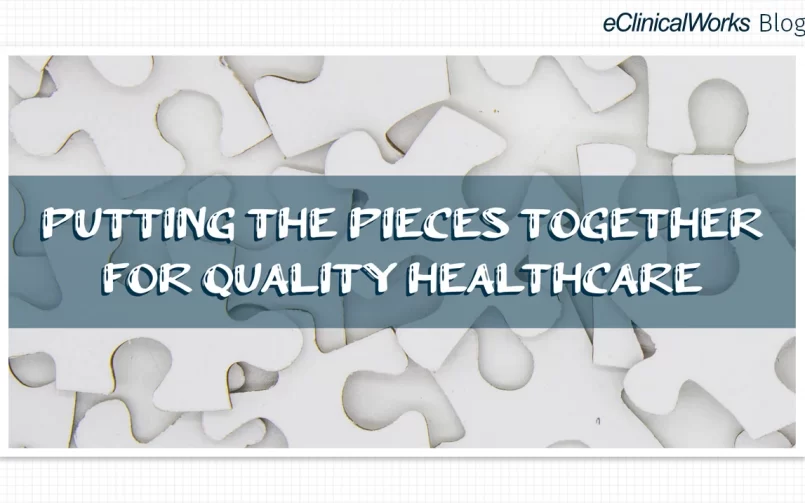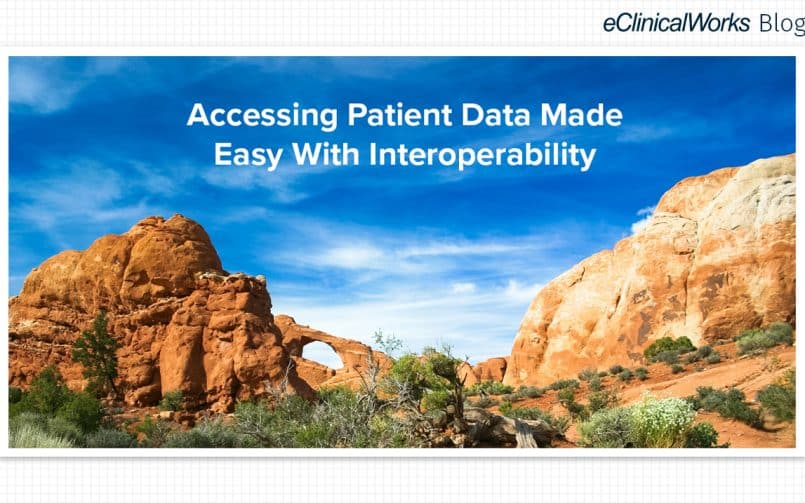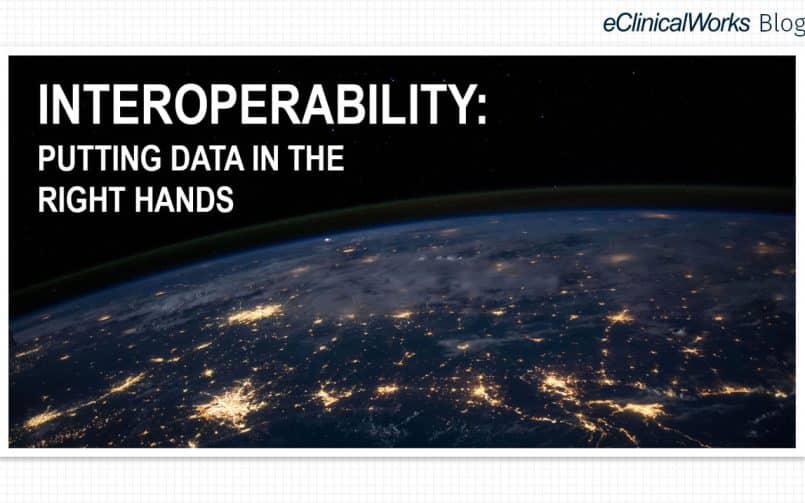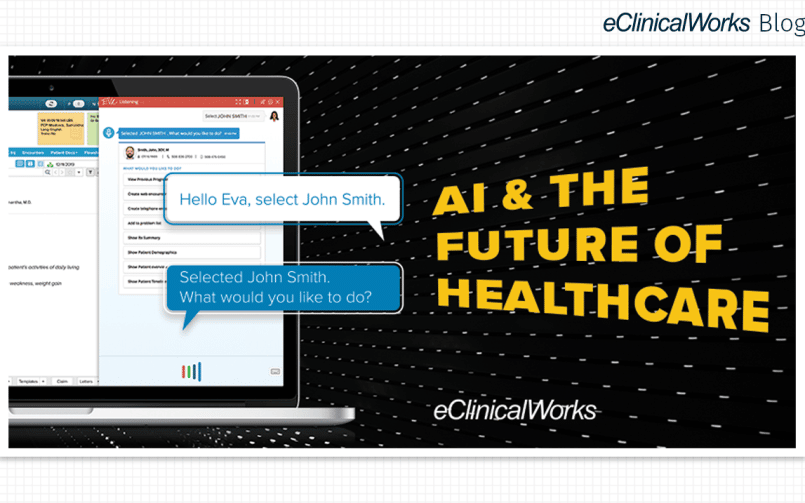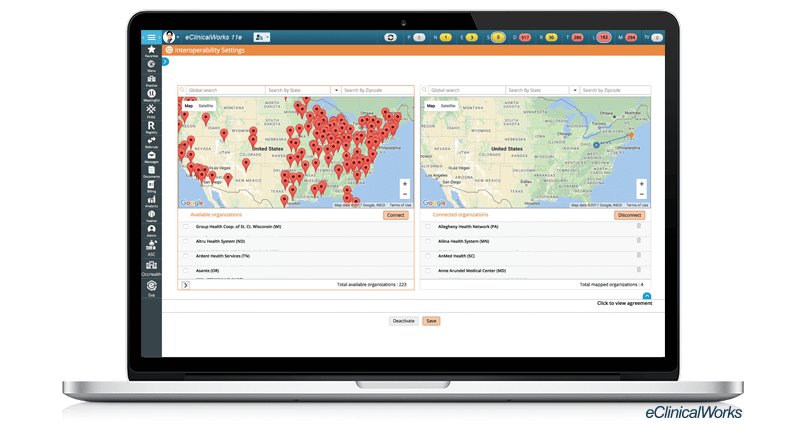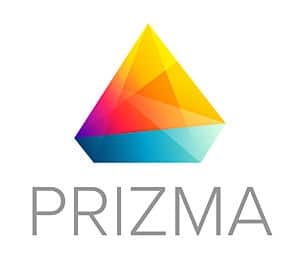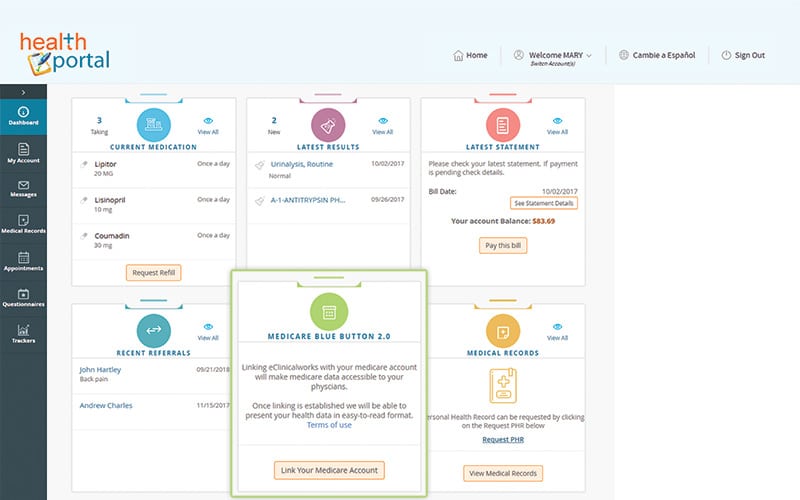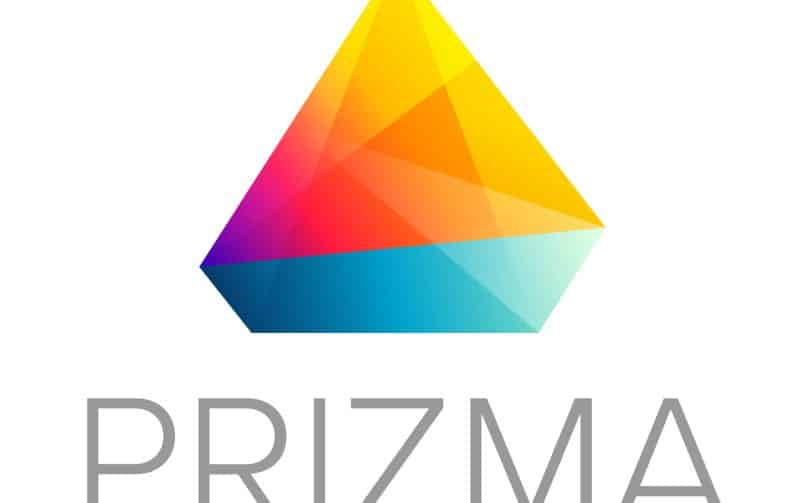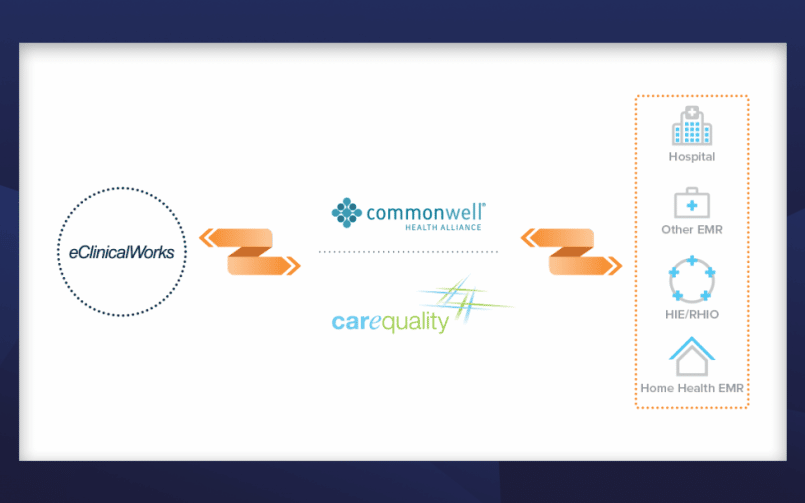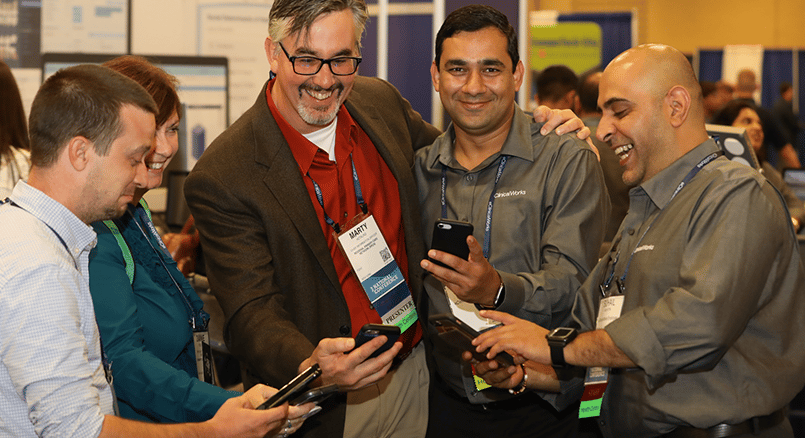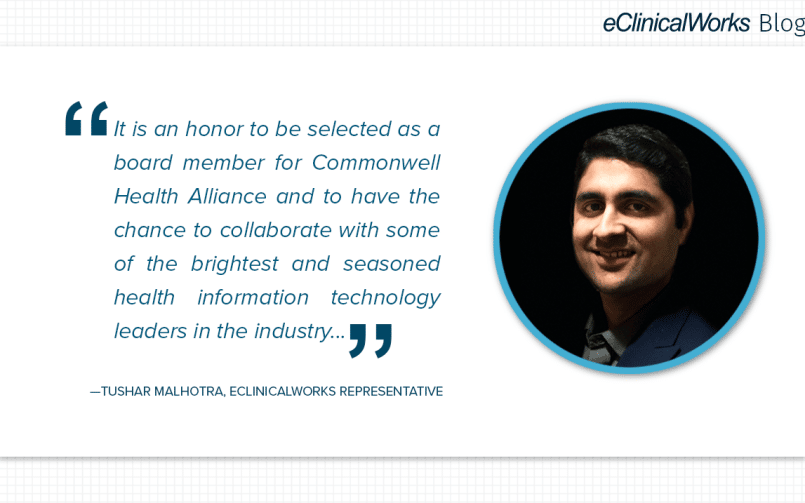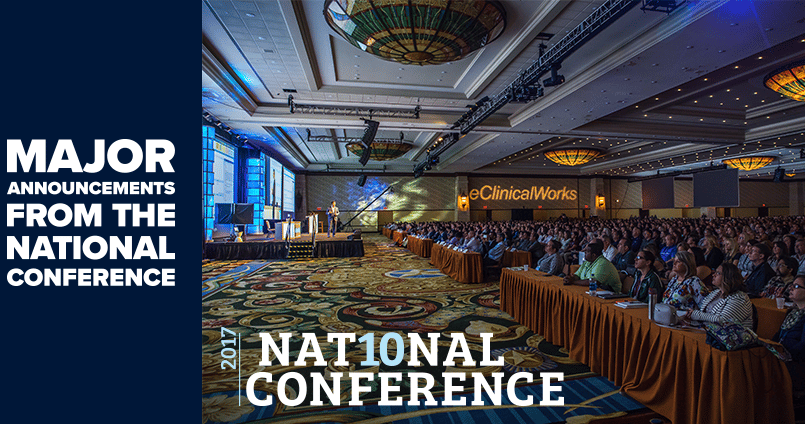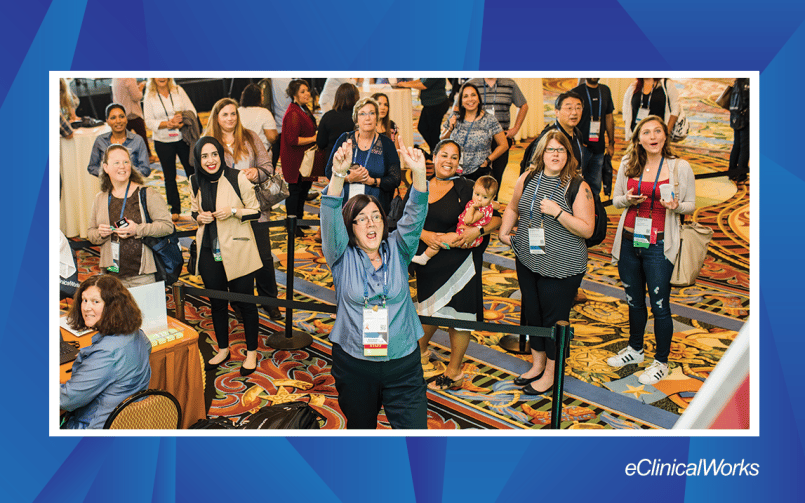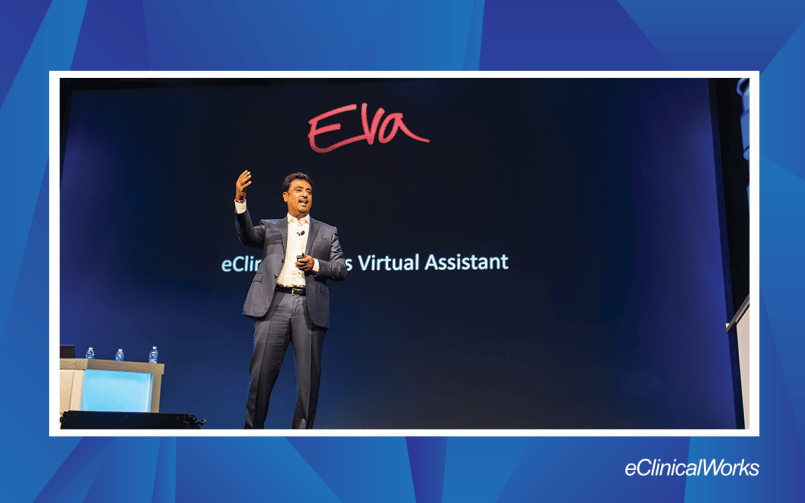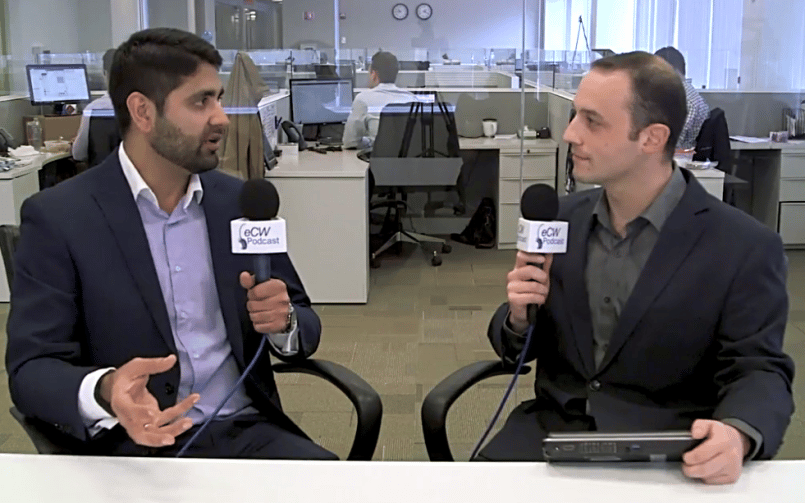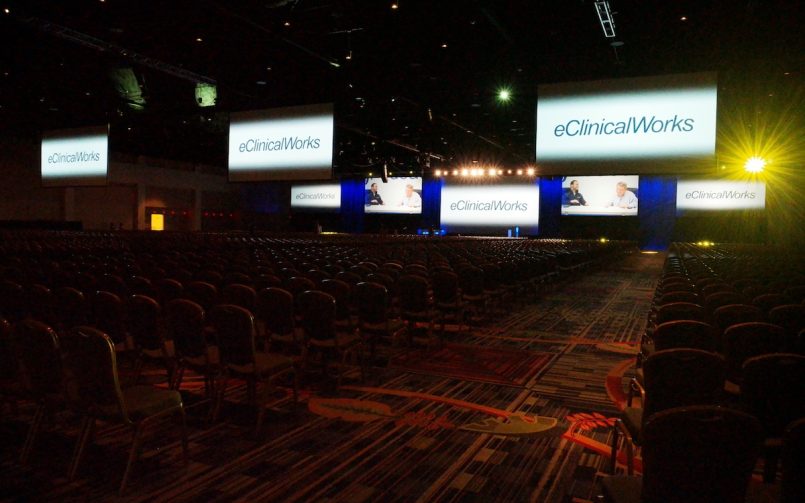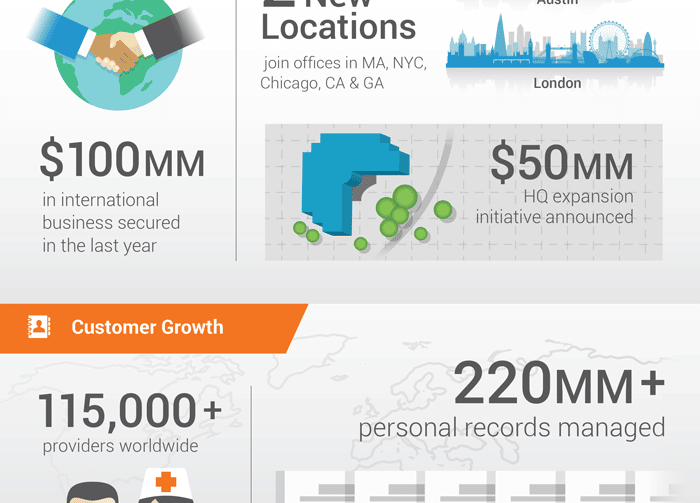AI and the Age of Intelligence Has Arrived
- 11 December 2024
- Blog
eClinicalWorks
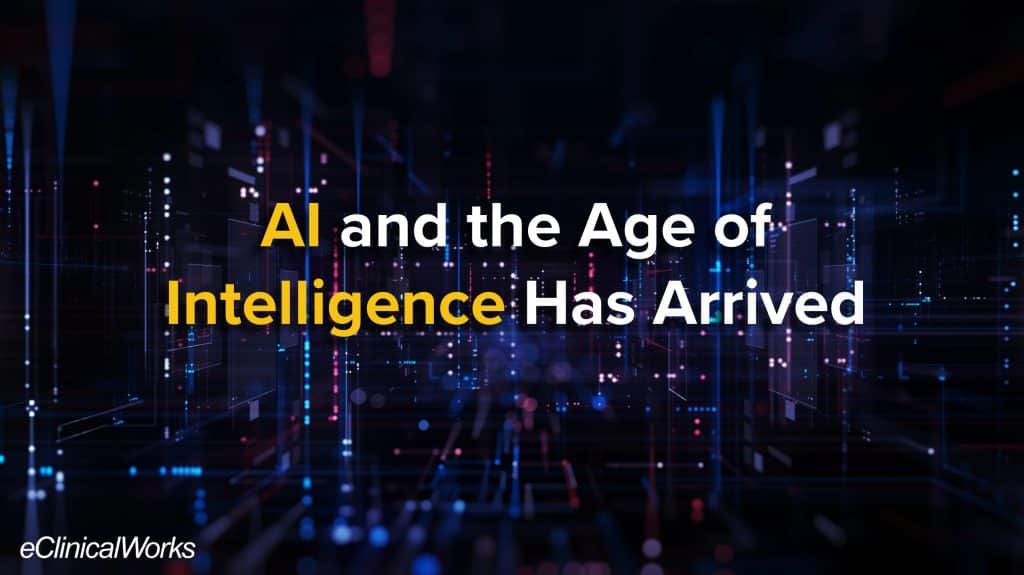
Survey finds AI can help healthcare professionals overcome their biggest challenges
Researchers, doctors, and the media often speak about breakthroughs in healthcare, from new diets and new medications to stamping out smoking and finding a cure for cancer. One key advancement is the rapid development of healthcare tools powered by artificial intelligence.
These solutions were on full display at the 2024 eClinicalWorks® and healow® National Conference in Grapevine, Texas, where the AI applications showcased key advances from the front desk to patient encounters to the billing office.
We’re confident that these tools will usher in an AI age of intelligence.
We’re confident because you, our customers, made clear that you are embracing AI and are eager to put it to use at your practices.
eClinicalWorks conducted an on-site survey during our 2024 National Conference. 385 healthcare professionals responded — representing approximately equal numbers of C-suite executives, front-office workers, doctors, billers, and technical support staff — found overwhelmingly positive attitudes toward the use of AI in healthcare.
AI has been on the medical horizon for years, but arrived in full force in 2024. During the keynote and product showcase at the National Conference, attendees witnessed the debut of the healow Genie AI-powered contact center solution, improvements to multilingual Sunoh.ai for medical scribe documentation, and the rollout of unprecedented new AI powers in V12.0.3 of the core eClinicalWorks EHR.

An enthusiastic embrace of AI for human welfare
In a world where providers care for an ever-growing numbers of patients, yet simultaneously face a looming shortage of physicians, and are constantly required to meet documentation and reporting demands, is it any wonder that they are enthusiastic about AI tools?
For starters, we found that 90% of survey respondents have a favorable or very positive view of AI.
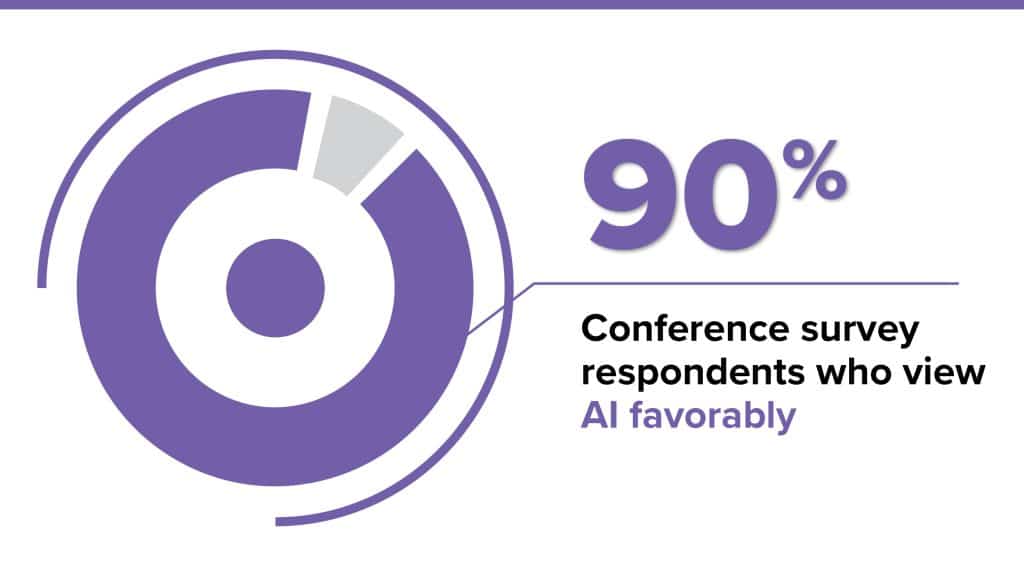
CEO Girish Navani made clear that eClinicalWorks will work tirelessly for the adoption and implementation of responsible AI, using it as a tool to help physicians practice the art of medicine.
AI applicable across all areas of medical practice
Respondents unanimously agreed that AI can help their practices in at least one of the following areas: improving overall efficiency, speeding workflows, saving time, optimizing the use of resources, and reducing provider and staff burnout.
Leading the responses, 76% of respondents agree AI can improve operational and clinical efficiencies, while 69% cited improvements in workflows. Most encouragingly, however, 60% of those surveyed expect AI to improve all areas.
healow Genie: A new wizard on the block
Nothing betters illustrates how those broad improvements will be achieved than healow Genie, the AI-powered contact center solution that made its debut in Grapevine and is due for release in March 2025. Genie’s multimodal powers will help keep patients connected to the healthcare information and resources they need 24/7/365 days per year.
healow Genie is a perfect example of how advanced AI technologies are being woven into eClinicalWorks and healow solutions to create an interlocking healthcare ecosystem. Consider the need:
- More than 90% of survey respondents spend two or more hours each day managing phone calls and appointments. And 62% spend four or more hours a day on those tasks.
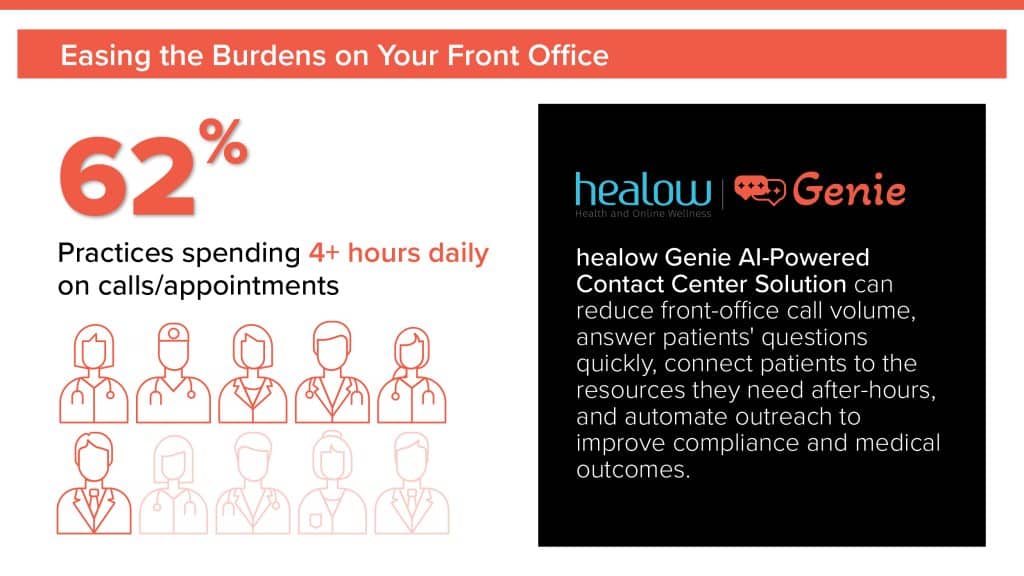
- 72% of survey respondents believe AI can improve all four main areas of their front-office operations, including routing inbound calls, reducing on-hold times, making transcriptions of conversations, and handling outbound calls and outreach campaigns.
The key takeaway? healow Genie handles all four front-office functions with ease — and it can handle other languages and dialects. That can mean fewer burdens on your staff, more time to focus on direct patient care, and lower risks of burnout.
Sunoh.ai: Reducing documentation time
Perhaps the most immediate and obvious benefit of AI in healthcare has been felt by the more than 6,000 practices and 60,000 providers nationwide who have adopted Sunoh.ai for medical scribing of patient encounters. They are spending less time staring at a screen and more time talking with their patients. And thanks to Sunoh’s multilingual abilities to handle English, Portuguese, and many dialects of Spanish, practices are breaking the language barriers that can impede efficient delivery of healthcare.
The survey results showed that practices would use the time saved on clinical and administrative documentation in a variety of ways.
While more than 50% of respondents choose “all of the above,” the leading response — backed by 70% of those surveyed — was the ability to spend more time with patients. Others indicated they would prioritize seeing additional patients, increase their focus on other priority tasks, or simply be able to get home on time each day.
There was near unanimity on one key point: Documentation is a major burden in healthcare.
- 20% of providers spend 20 or more hours each week on documentation, while 59% spend 5+ hours on documentation weekly.
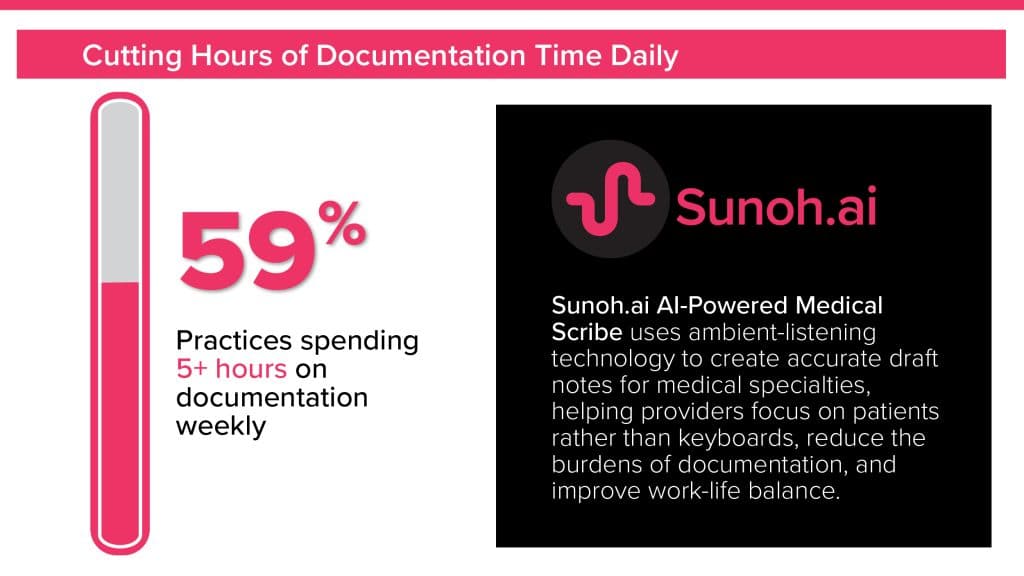
- 49% of providers said that reducing documentation time would result in a significant improvement in their quality of life.
- A remarkable 28.5% went further, saying less documentation time would represent a “life-altering” step for their practices and careers.
AI for fax management and interoperability
Our NC24 AI survey also shed light on two other areas of practice management state and federal where efficiency is vital for effective care delivery — fax inbox management and interoperability, or obtaining patient records from outside facilities.
eClinicalWorks Image AI Assistant is helping practices quickly analyze the overwhelming number of faxes they receive daily.
- 23% of respondents receive 300+ faxes each week, and another 36% between 100 and 300 faxes.
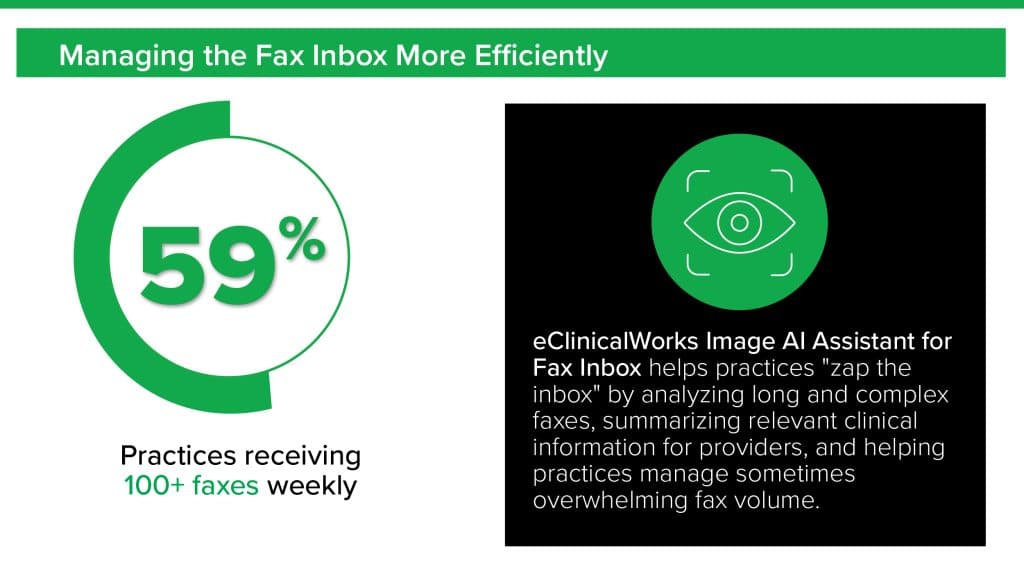
- For 32% of those surveyed, the biggest challenge is matching a fax to a patient’s record, while 37% find it most challenging to analyze the fax type.
The eClinicalWorks AI solution can quickly achieve what it would take humans much longer to do — automate document recognition and match faxes to patient records, saving time and multiple clicks with every fax.
When it comes to interoperability, the survey found that:
- 96% of respondents consider access to outside records “critically important” (71%) or “important” (25%).
- 35% say it takes them 1-2 days to gather patient records from nearby facilities, while 33% do so in 2-4 hours.
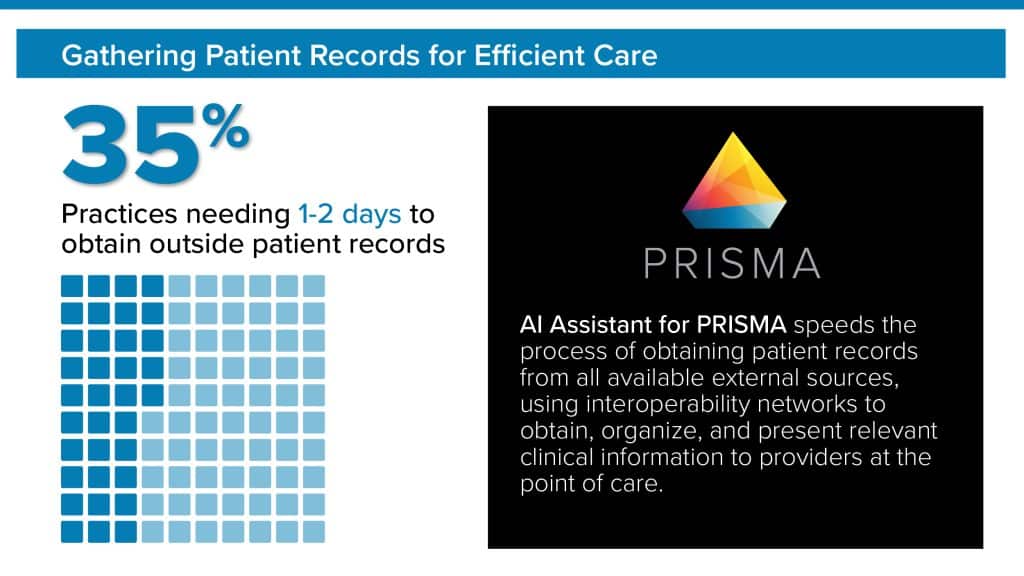
Additionally, the eClinicalWorks AI Assistant for PRISMA helps providers view a summary of the relevant clinical information they need to formulate a care plan, saving time on administrative work and helping them see more patients each day.
Completing the AI breakthrough
With the introduction of AI solutions across every aspect of medical practices, the new age of AI intelligence in healthcare has dawned. But ensuring that dawn leads to full daylight depends upon practices and their healthcare IT providers continuing to work together.
There is no doubt that the 25 years of innovation and success eClinicalWorks has enjoyed — and the decade of hard work at healow — will continue in partnership with our thousands of customers worldwide.
Our AI survey is another step in our ongoing journey toward improving healthcare together. We will continue to ask and listen in 2025 and beyond.
Download The Full Infographic Here

